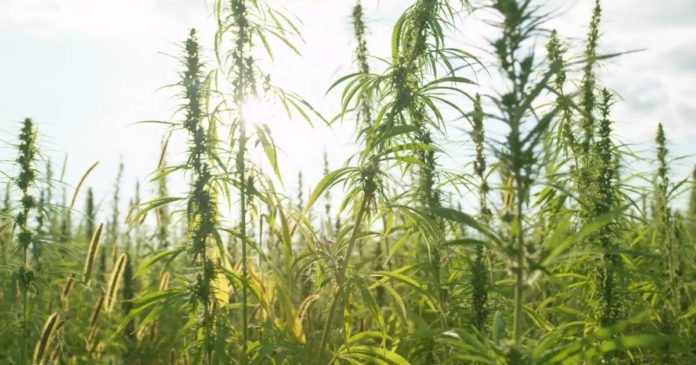Germany’s Cannabis Industry Association (BvCW) and the Federal Association for Sustainability (BVNG) want the new German government’s vision of a “socio-ecological market economy” to include hemp.
The two bodies are calling on the government to engage in a 100-day program to spruik the plant’s carbon sequestration abilities* and the role it can play in sustainable industrial evolution.
A single hectare of industrial hemp can absorb 22 tonnes of CO2 per hectare according to this document – and multiple crops are possible in some locations each year. This carbon can be locked into various products, including hemp-based building materials.
Furthermore, the Cannabis Industry Association says the Bundestag (German Federal Parliament) must also quickly remove industrial hemp from the country’s Narcotics Act. It seems a motion for a resolution from a parliamentary group from the last legislative period is ready and can be put on the agenda for a vote immediately.
Martin Wittau, Vice President of the Federal Association for Sustainability, says the country has a lot of catching up to do on hemp, stating (translated):
“In the past 70 to 80 years a lot has been forgotten, little developed and even less researched in the field of industrial hemp. As a driver of innovation, industrial hemp needs this support not only in cultivation and product development, but also in vocational training.”
A focus on growing a thriving hemp industry producing what could be a multitude of products will create new jobs and strengthen the country’s economy.
The European Industrial Hemp Association is backing the pair’s calls and also urging for the wider EU to again up the THC limit permissible for crops where EU farmer subsidies are involved. While the European Council recently raised the level from 0.2% to 0.3% THC, the EIHA says it should be lifted again to 1%; in line with various other EU and non-EU jurisdictions.
“Scientific studies and many years of experience show that higher limit values pose absolutely no safety risk,” said EIH President Daniel Kruse (translated).
*On a related note, when it comes to cannabis and carbon, not all of it is equal. Depending on how it’s grown, medical cannabis can have a hefty carbon footprint.


